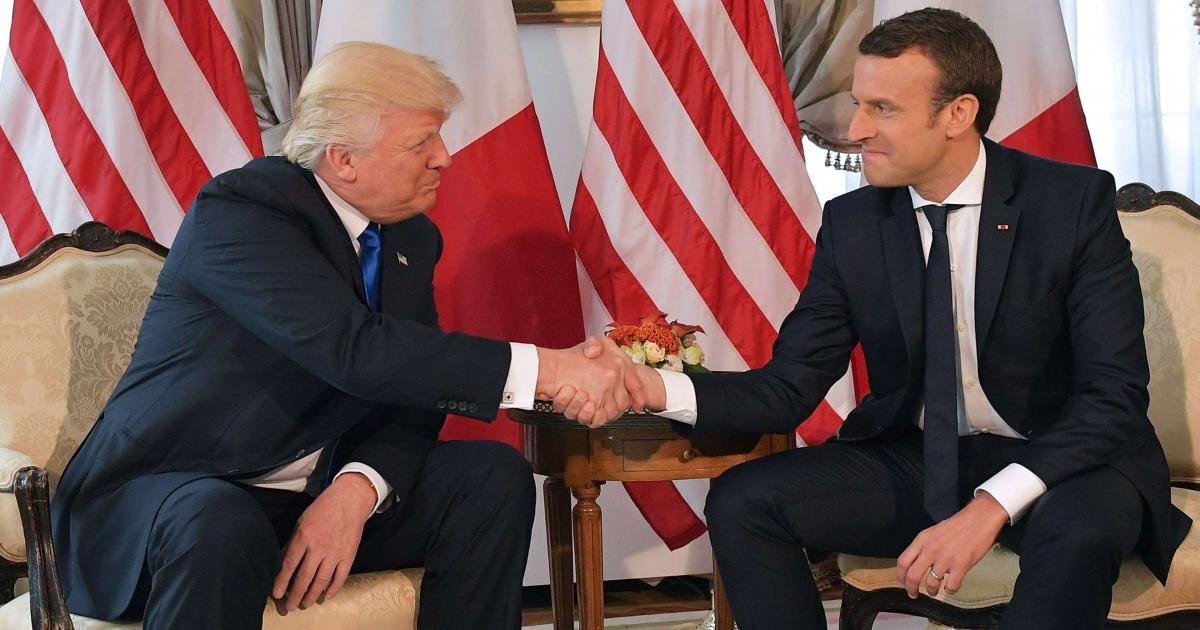Iran is at the forefront of the files
What is required, in the view of the French President, who will address the US Congress in English on Wednesday, is to know what he will gain from those three days that he will spend in Washington, in isolation from France’s “unique position as America’s first ally” historically.
At the forefront of the controversial topics remains the issue of the agreement on the Iranian nuclear program, which will dominate the talks, before Trump decides its fate within three weeks.
The US President pledged during the election campaign to “tear up” this agreement, which was reached after arduous negotiations that lasted for years with the aim of preventing Iran from possessing a nuclear bomb.
He gave the European signatories (France, Britain, and Germany) until May 12 to tighten the terms of the agreement, otherwise he will implement his threat and re-impose sanctions on Tehran.
The French presidency, which is very committed to the agreement, is “extremely cautious” about the chances of convincing Trump because “the indicators are not encouraging,” and Paris says it “does not expect a diplomatic breakthrough.”
Another important issue that raises a lot of tension between the two sides of the Atlantic is the issue of the decision to exempt European Union countries from customs duties on steel, which expires on May 1.
As for Syria, Washington, London and Paris coordinated military strikes in response to a supposed chemical attack in Douma near Damascus, which the regime of President Bashar al-Assad was accused of carrying out.
The French President then boasted that he had “convinced” the American President to “stay for a long time” in Syria, which the White House denied hours later, reminding that Trump was still committed to “the return of American forces to the country as soon as possible.”
As for the Paris climate agreement signed in 2015, which Macron was still hoping in the fall to persuade Trump to return to, it seems that it is no longer at the forefront of interest.

